When you’re delivering a complex engineering procurement construction project, it’s essential to get the right expertise in your delivery and the project management teams. Faced with this challenge, your operations director might be comparing whether to bring in external project management consultants or invest in a permanent project manager to join your team. Each option has advantages and risks, so let’s explore what those are and how they might affect your project.
Advantages of bringing in Project Consultants
Engaging project management consultants gives you access to specialised expertise without the recruitment fee or long-term commitment of a permanent hire. Consultants bring a wealth of diverse experience from many industries, so they are well-equipped to handle all sorts of project challenges. Their external perspective leads to fresh ideas, best practice processes and objective decision-making.
Once you’ve met with them to discuss the scope of the project, consultants can deploy into roles quickly, avoiding a lengthy recruitment process and filling gaps in the team flexibly. This helps for short-term or high-priority projects that need immediate expertise and skill sets to cover responsibilities such as integrated planning, project management and commercial management. Their flexibility means you can scale your project management capabilities up or down quickly to meet project demands. Your headcount remains the same and the induction process will be faster.
Advantages of hiring a permanent Project Manager
Hiring a project manager as a full-time team member is a long-term investment in your organisation’s project management capabilities. They will be available for future projects, and you can build a supportive functional team for all your project managers. A permanent staff project manager will develop an in-depth understanding of your company’s culture, goals and operational strategies, leading to stronger collaboration between them and the delivery and engineering teams.
A staff project manager is solely focused on your business objectives, providing dedicated oversight and accountability within your performance management process. Over time, they can build strong relationships with internal stakeholders and contribute to the growth of your project management systems, ensuring smoother project delivery in the long run.
Issues when recruiting a Project Manager
Recruiting a full-time project manager can be time-consuming because you need to select carefully to ensure the right fit for both the project and company culture. If the project manager turns out to be a poor fit, replacing them can be a lengthy and costly process. The onboarding and induction phase can take several months, which may not be ideal for projects that need oversight straight away to free up your time.
If the project manager’s experience is narrower or limited to specific industries or methodologies, they may need additional training or support to adapt to unique project challenges. They may struggle to introduce innovative solutions. Unlike consultants, who can be engaged for specific projects and then released, an underperforming permanent hire can create performance management challenges for you within the organisation.
Risks of working with Project Management Consultants
One risk of hiring consultants is the potential for cost overruns. Consulting fees can be higher than those of a full-time employee, and if a project is delayed beyond the initial timeline, costs can escalate quickly. However, the consultants’ role is to keep the project to budget, so they will support you with this and be transparent with you about their fees.
Their reputation relies on them being good value for money, so they’ll continually look for ways to benefit your business overall while serving your project needs. While consultants offer specialised knowledge, they may require time to familiarise themselves with your organisation’s internal processes, industry-specific nuances and company culture. Communication and collaboration challenges can arise if internal teams view them as outsiders rather than integral project members.
Additionally, their availability may be limited, particularly if they are juggling multiple clients. When they are not available, it can leave your team without the necessary expertise to maintain project momentum. Clear documentation can mitigate this risk. Consultants may not always be available for follow-up work once a project finishes. If knowledge transfer is not handled well, your team may struggle to deliver the next project or phase without their expertise. Your consultants can define a robust transition plan to prevent this. (We highlighted more detail about the challenges in our last blog – link)
Opportunities from working with Project Management Consultants
Hiring project consultants can bring valuable new contacts, networking and external insights into your project. Their ability to introduce industry best practices, innovative ideas and alternative project system methodologies can enhance your team’s efficiency and effectiveness.
Working with consultants enables your team to learn from their expertise, potentially upskilling internal staff and improving overall project management capabilities. This can contribute to long-term process improvements, better systems and a more agile approach to project delivery. They can bring a strategic view into managing internal and external stakeholders. You personally gain a sounding board and trusted advisor.
Opportunities when growing your internal Project Management Office
Investing in new staff for your internal project management team creates a foundation for sustained project success. It means you’ll have greater confidence when you bid for your next major project. As your team grows, you can encourage knowledge-sharing, which leads to a stronger organisational approach to project execution, more consistency and greater efficiencies.
Choosing between hiring a project management consultant or a permanent project manager depends on your organisation’s specific needs, project complexity and long-term strategic goals. If you need immediate expertise, flexibility and external insights, a consultant could be the best option, and they can support you to hire new project team members as part of their transition off the project. If you’re looking for sustained growth and in-depth internal expertise, investing in a permanent project manager can pay off in the long term.
Whichever route you take, ensuring a good fit for your team and project will be key. Find out more about our Project Insights offer and book a call if you’d like a chat about the options.
